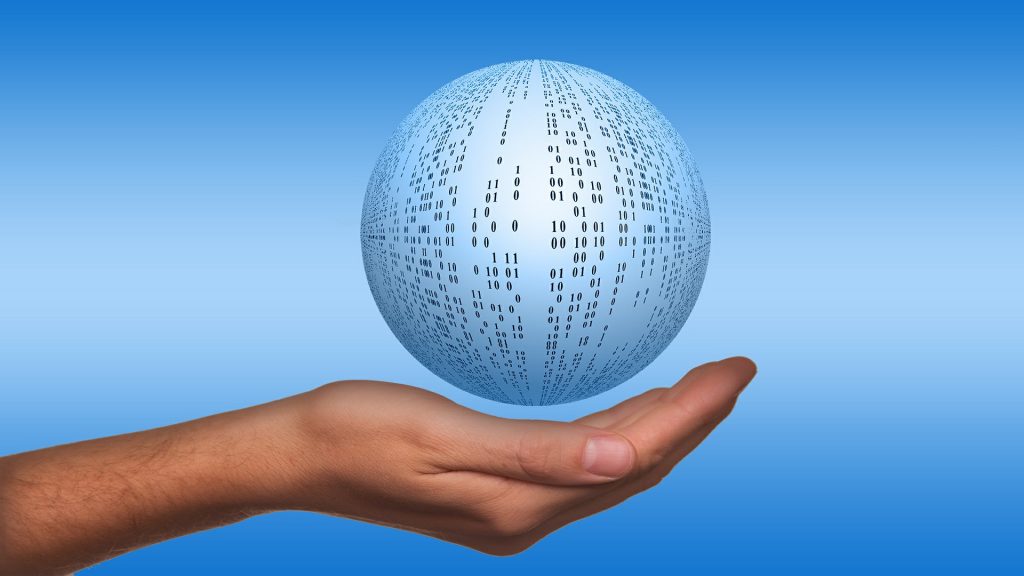Le organizzazioni non profit possono beneficiare di scienza dei dati? Un sondaggio condotto da Ogni azione finds that 90% of nonprofits indicate that they’re collecting data, but “almost half say they aren’t fully aware of the ways data can (and does) impact their work”. This is not surprising, given the fact that most nonprofit bodies do not have a dedicated data analytics team. However, the wave of big data is now reaching NGOs and government bodies as well, who can use scienza dei dati to make a bigger impact. Data analytics can help these organizations make sure that they’re putting their time, effort, money and energy into the right channels. Nonprofit organizations need funds to fulfill their missions but also need to prove the results of their work in order to attract donors. Data science has immense potential in optimizing this cycle, and also helps organizations make well-informed, sound decisions. While not every organization can afford to hire full-time data analysts, some fill the resource gap by assumere esperti freelance. Ecco alcuni esempi di come le organizzazioni non profit e di beneficenza possono fare uso della scienza dei dati.
1. Marketing e raccolta fondi
Le organizzazioni non profit hanno enormi serie di dati che possono sfruttare per sviluppare modelli statistici che possono aiutarli a ottimizzare la raccolta di fondi. Amnesty International is using segmentation and predictive modelling to help them identify and target the right groups, so that they can develop a more refined marketing strategy. Data insights help NGOs identify and segregate donors based on various factors, using which they can drive their marketing and fundraising efforts more effectively. Data analytics also helps charity organizations discover relationships, that can help them develop specific incentives. After studying their data and finding that they could provide something for their donors, rather than the other way around, Macmillan’s Cancer Support introduced the “World’s Biggest Coffee” initiative, which saw a leap in the income generated from Da 15 a 20 milioni di sterline.
2. Monitoraggio e implementazione di attività specifiche
Data science can help nonprofits accurately measure of the performance of their activities, and help them tailor their processes towards better results. Data analytics and visualization can also play a huge role in real-time tracking during crises and optimizing relief efforts. Qlik, a software company based in the USA, provides data science tools that organizations can use to discover insights, patterns and power crucial decision-making processes. In the past, they’ve tied up with nonprofits to help leverage the power of data for social causes: facilitating sforzi di soccorso durante il terremoto in Nepal e per prevenire la diffusione dell'Ebola in Africa occidentale.
L'Università di Chicago gestisce un programma, Scienza dei dati per il bene sociale, in which they train Fellows to work on data science projects that specifically focus on social impact. The Fellows work with government bodies and nonprofits to tackle issues related to education, assistenza sanitaria, public safety and the environment. One of their projects, in partnership with the Chicago Department of Salute pubblica, uses analisi predittiva to help prevenire l'avvelenamento da piombo nei bambini. La vernice a base di piombo è stata usata prima del divieto del 1978, e i bambini che vivono in case più vecchie sono ancora esposti a questa sostanza. I modelli identificano le case che probabilmente hanno vernice a base di piombo, tenendo conto di vari fattori, il che permette poi di mitigare i pericoli dell'esposizione.
3. Razionalizzare i fondi
La fondazione indiana Akshaya Patra si è rivolto ai grandi dati per aiutarli a trovare un modo conveniente per consegnare il loro programma di pasti di metà giornata alle scuole governative in tutto il paese. Ottimizzare i percorsi attraverso i quali hanno consegnato questo schema li ha aiutati ad assicurarsi di utilizzare le loro risorse monetarie in modo efficace. L'assegnazione dei fondi sulla base delle intuizioni dell'analisi dei dati aiuta le ONG a fare un uso ottimale delle loro risorse, il che è fondamentale per il loro buon funzionamento.
That data science bears enormous potential for government organizations and nonprofits, big and small, is quite clear. But accessing experts is a common problem that these organizations face. Processes are often bureaucratic and funds may be inadequate to employ a full-fledged team. And so many organizations don’t see the power of data science manifest. Organizations like Datakind help connect data scientists to social organizations, however, scientists offer their services on a voluntary basis. One solution is for organizations is to coinvolgere specialisti su richiesta per progetti a breve termine. Questo li aiuta ad accedere all'esperienza degli analisti di dati mantenendo il processo efficiente dal punto di vista dei costi. Questo è sicuramente un modo in cui il terzo settore può raccogliere i benefici della scienza dei dati e rimanere in grado di dare potere, in modo che possano dare potere agli altri.
